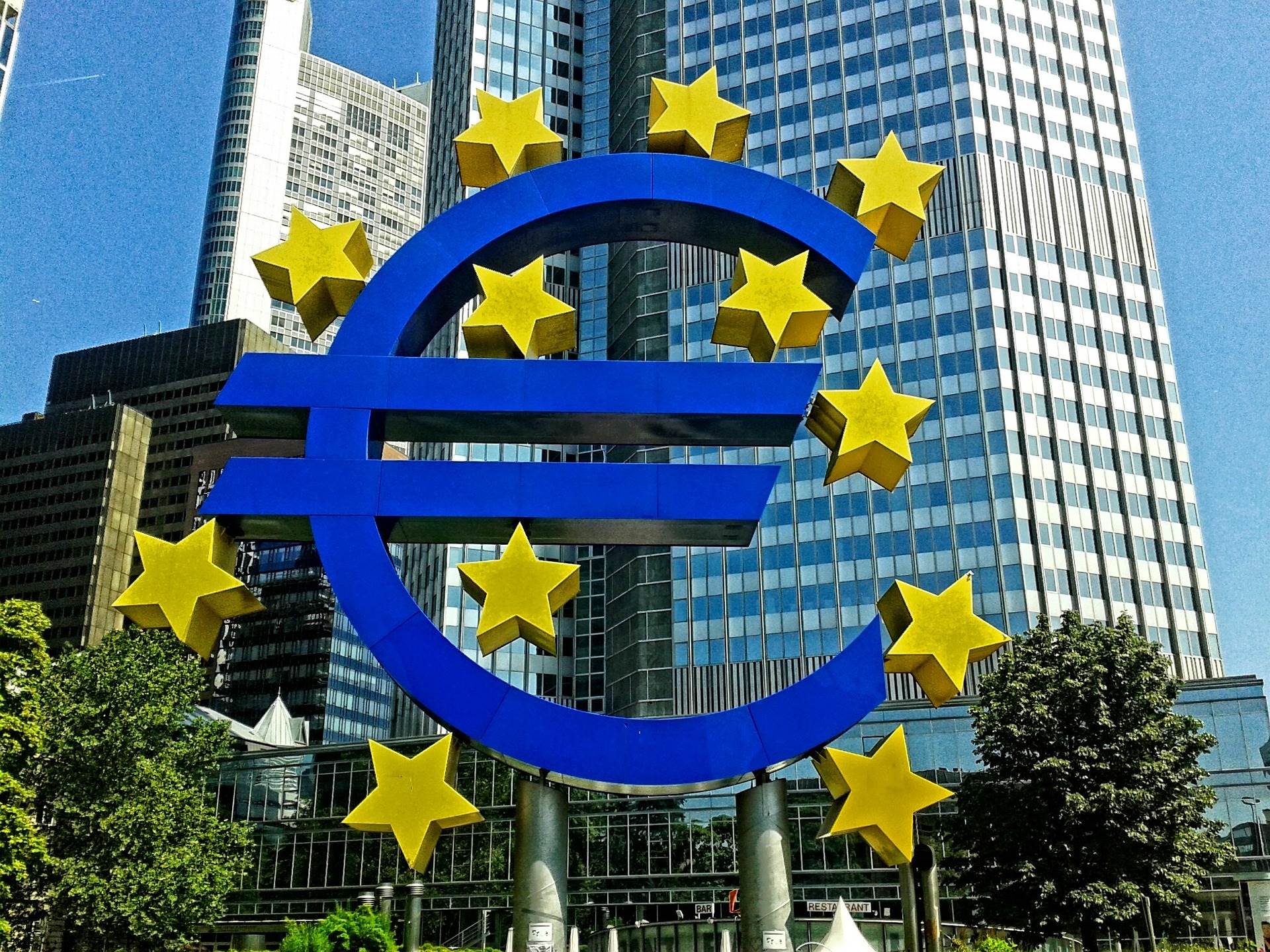
Today the European Central Bank governing council is announcing its monetary policy statement, a move that is being followed by market agents around the world, as other central banks have been taking easing stances.
We could say that Europe is about to enter into a recessive period, especially because the German economy (which is the biggest and most powerful economy in the whole eurozone) has been sending alarming signals, as the German Gross Domestic Product contracted by 0.1 percent in the second quarter and some analysts foresee a further contraction in the third quarter.
"The German economy is facing one of the weakest years since the financial crisis," said the Kiel Institute for the World Economy on Tuesday, attributing it to the political uncertainty associated with the trade conflicts and the British political crisis.
Analysts expect the European Central Bank to cut the interest rates, though other stimulus measures (at least according to some BCE officials) are also on the table, despite some conservative governing council members oppose opting for some of them, like the famous "Quantitative Easing" (or QE) which consists mainly on purchasing government securities in order to expand the monetary base.
The main reason why certain members of the governing council are considering this option is that the ECB has very limited room for maneuver, as the current cash rates are below zero (they stand at -0.4 percent), making rate cuts less effective than usual.
However, as we noted, some consider that employing non-conventional tools can be problematic, especially since the main role of the central bank is keeping inflation rates at a reasonable level, not stimulating the economy, as some prefer employing fiscal measures which tend to be more effective for those purposes. Unintended consequences like high inflation rates and currency devaluation only add arguments against this practice.
Notwithstanding being a successful measure in other countries, like the United States in Japan, Quantitative Easing's opponents claim that this may not be true regarding the Eurozone Economy. Despite being one of the most successful customs unions in human history and the biggest monetary union (which means they have a unified monetary policy), the Eurozone is not fiscally homogeneous, affecting the effectiveness of the measure.
The German Bundesbank, which is among the main opponents, also fears, besides high inflation, the delay of certain "necessary" fiscal reforms in countries like Italy. Its main fear is seeing the ECB buying securities from fiscally weak countries that could default on their debt at any moment, which could cause losses to the bank that would have to be paid by all eurozone taxpayers. In other words, opting for this measure means increasing the risks for the taxpayers of the best fiscally structured eurozone countries, perhaps favoring the weakest ones and creating an unintended incentive.
In any case, we won't know which stimulus measures are going to be implemented until the bank announces its monetary policy stance at 7:45 a.m (Eastern Time).
By 7:42 GMT the EUR/USD went up by 0.06 percent, standing at 1.1016, while the EUR/JPY was at 118.91, rising 0.18 percent.
